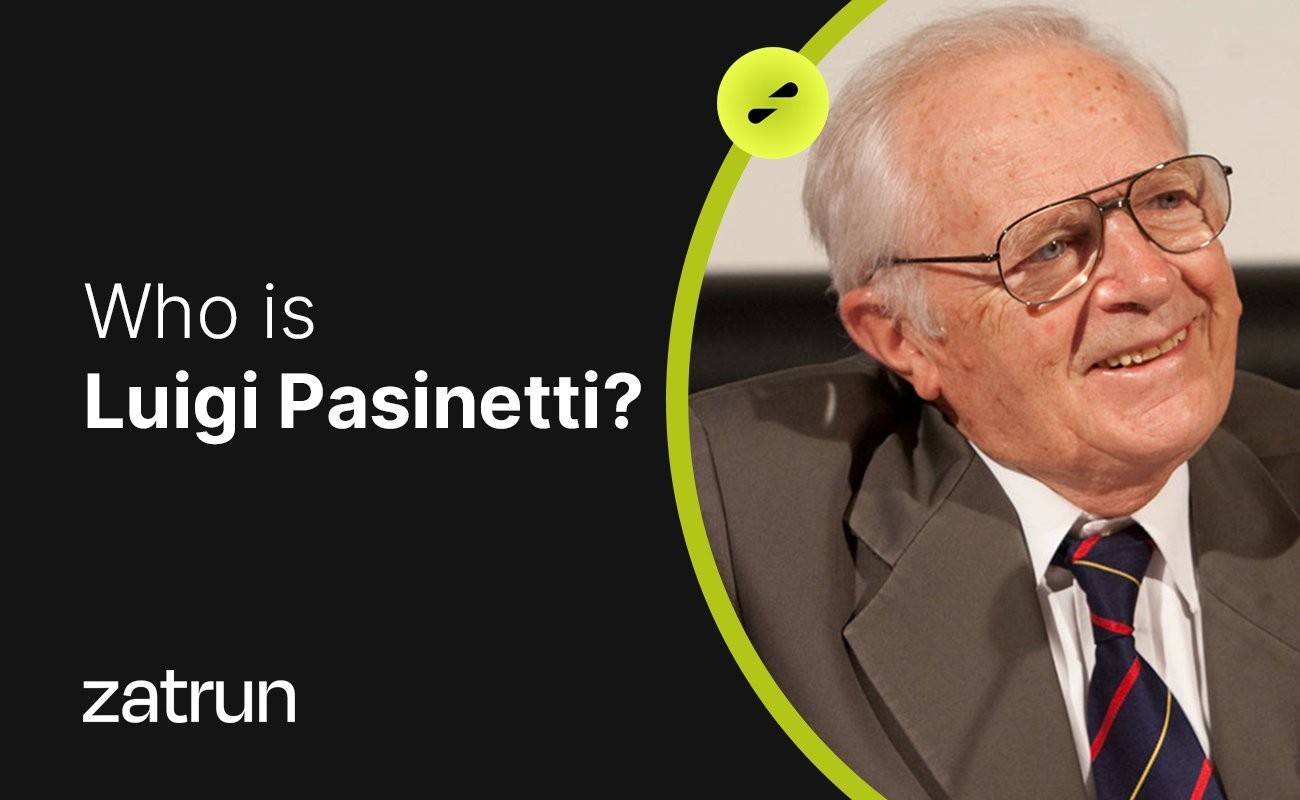Vilfredo Pareto was a prominent Italian economist and sociologist, born on July 15, 1848 in Paris, France, who made significant contributions to the fields of social and economic sciences. He is widely recognised for his ground-breaking theory on the interaction between the masses and the elite, which shed light on the dynamics of power and inequality in society.
Vilfredo Pareto was also renowned for his innovative application of mathematical techniques to the analysis of economic phenomena, which revolutionised the field of economics. After a life dedicated to scholarship, Pareto passed away on August 19, 1923 in Geneva, Switzerland. He is leaving behind a legacy that continues to inspire researchers and scholars to this day. If you are interested in learning more about him, check out this Zatrun.com article.
Who is Vilfredo Pareto?
Vilfredo Pareto, born on July 15, 1848, in Paris, France, was an Italian economist and sociologist who was well-known for applying mathematical methods to economic analysis. After graduating from the University of Turin in 1869, where he studied mathematics and physics, Pareto worked as an engineer and became a director of an Italian railway. He also worked at a large ironworks company of Italy.
While living in Florence, he studied philosophy and politics, and published numerous periodical articles in which he used mathematical tools to analyse economic problems. In 1893, he was appointed to the chair of political economy at the University of Lausanne, Switzerland, succeeding Léon Walras.

Vilfredo Pareto’s first major work, “Cours d’économie politique (1896–97)”, introduced his famous but controversial law of income distribution. The law proposed that the distribution of incomes and wealth in society is not random, and a consistent pattern exists throughout history, in all parts of the world, and in all societies. The law was criticised by many for its complex mathematical formulation. Despite this, Pareto left behind a legacy that has continued to inspire researchers and scholars to this day.
In 1906, Vilfredo Pareto published his most influential work, the Manuale d’economia politica, in which he expanded on his theory of pure economics and analysis of ophelimity, or the power to provide satisfaction.
His concept of the Pareto Optimum laid the foundation for modern welfare economics, stating that a society’s resources are not optimally allocated until it is impossible to improve the estimation of at least one individual’s well-being without decreasing the well-being of others. Additionally, he introduced “curves of indifference” as analytical tools, which did not gain popularity until the 1930s.
80/20 Rule
The 80/20 rule, also known as the Pareto principle, was first observed by Italian economist Vilfredo Pareto in the early 1900s. The rule states that roughly 80% of effects come from 20% of causes. This principle has been applied to a wide range of fields, from economics and business to personal productivity and time management.

In business, the Pareto principle suggests that 80% of a company’s profits come from 20% of its customers or products. Therefore, companies can focus on improving the quality of that 20% to maximise profits.
In personal productivity, the principle can be applied to tasks and activities. For example, 80% of a person’s productivity may come from 20% of their daily tasks. By identifying and prioritising that 20%, a person can optimise their time and achieve more in less time.
It’s important to note that the exact ratios of the 80/20 rule may not always be exactly 80/20, but the general concept remains the same. The rule is a reminder to focus on the most important and impactful aspects of a situation, rather than getting bogged down in less significant details.
His Other Works and Ideas
Vilfredo Pareto believed that there were certain problems that economics could not solve, and therefore, he turned his attention to sociology. He wrote what he considered his greatest work, “Trattato di sociologia generale”, in which he investigated the nature and foundations of individual and social action. According to Pareto, individuals with superior abilities actively seek to affirm and enhance their social status, resulting in the formation of social classes.

Privileged members of lower-class groups continuously strive to improve their opportunities and rise to the elite of the upper strata, while the opposite is seen among the elite. As a result, the best-equipped individuals from the lower class challenge the position of the upper-class elite, resulting in a “circulation of elites.” Pareto’s theory of the superiority of the elite has sometimes been associated with fascism. Nonetheless, his social system had a significant impact on the development of sociology.












